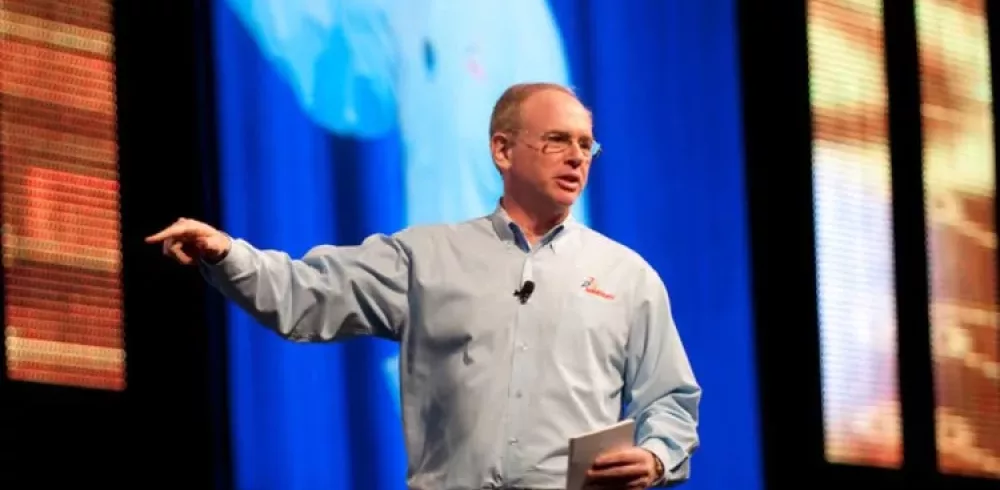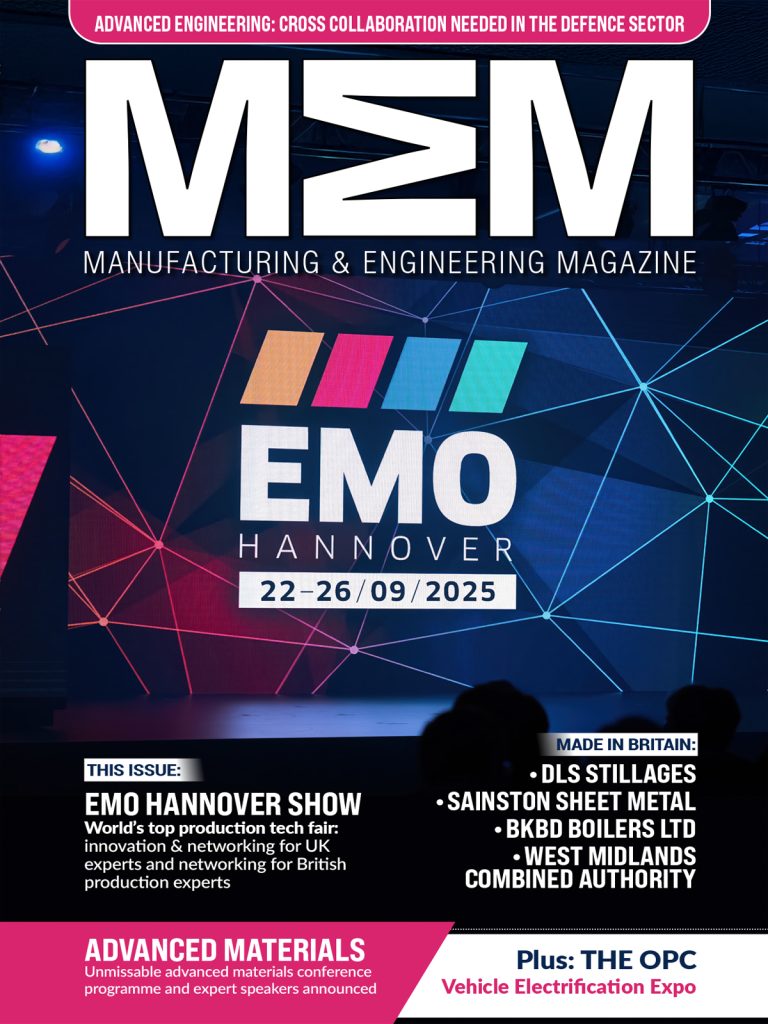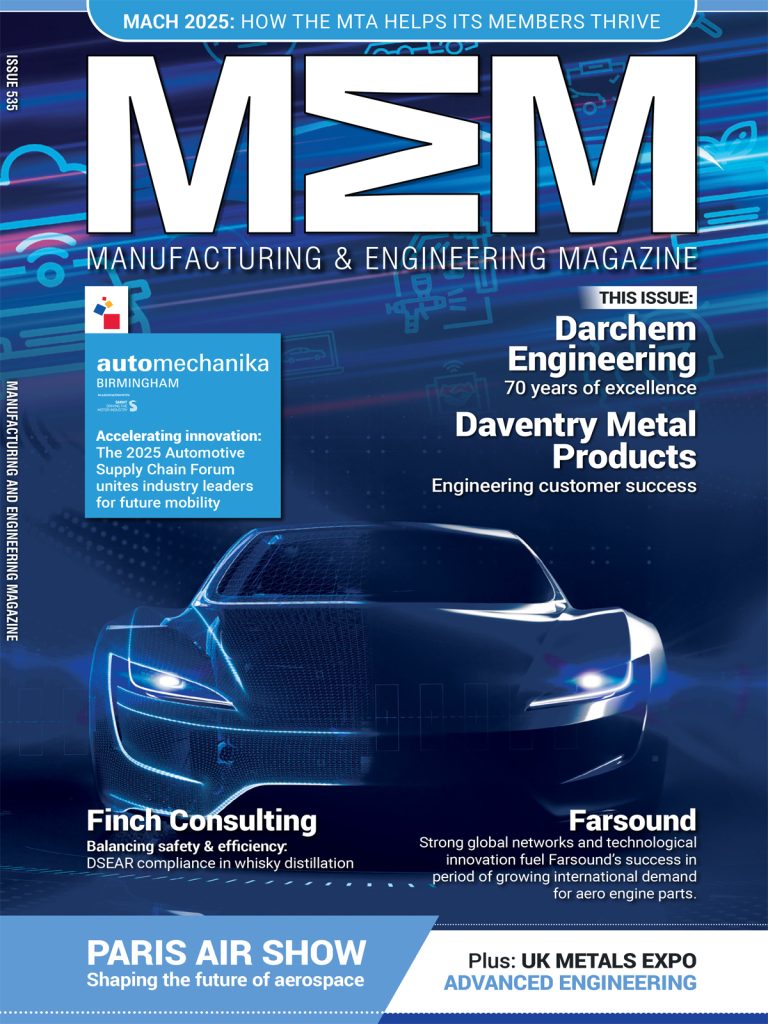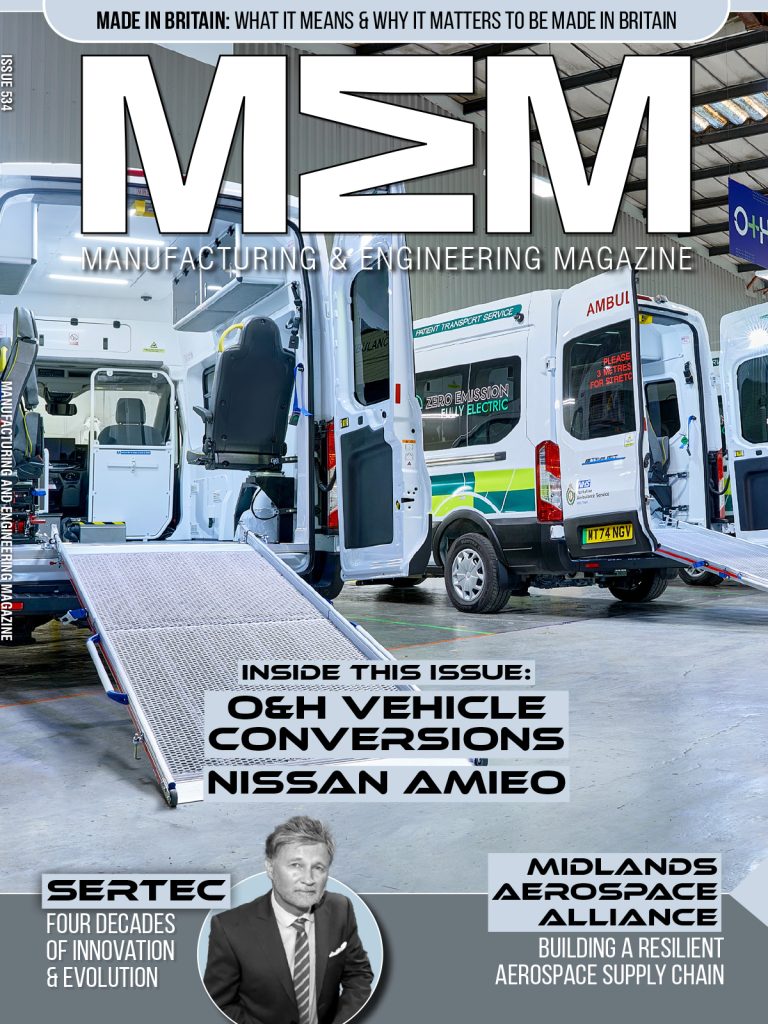3 Big Changes Impacting Engineering In 2017 : The year has only just begun, but the engineering industry is already off at full force with three big changes happening now that you need to know about.
Engineering software is finally moving to the cloud
The first change happening that you need to know about is that engineering software is finally starting to move to the cloud. Engineers at computer aided design (CAD) gathered in Cambridge to showcase their improvements in the cloud software.
The big picture for this new advancemens is that with CAD software running on the cloud it will enable engineers to collaborate in real time. It is believed that the time for change has arrived, Jon Hirschtick the Chief Executive Officer of Onshape said, I believe the work weâre doing can improve the way every manufactured product on earth is designed.
Small firms are taking a hit
The second change for 2017 is that business rates are becoming ticking time bombs for small companies in the UK. The government is aiming to give all businesses a fair deal and are establishing a £3.6bn transitional fund to help businesses facing big jumps in rates.
However, these changes are being met with backlash as smaller businesses will be facing massive hikes while larger retailers benefit from reduced cuts. Christopher Richards from the Engineering Employers Federation said, “The inclusion of plant and machinery in business rates bills represents a tax on productive investment and undermines the international competitiveness of UK manufacturing.”
Mastership may be the future of engineering
The third change happening in 2017 is that there will be an introduction of an apprenticeship levy from April 2017, this means that employers will be able to take advantage of the available subsides and specifically be able to offer a higher skill degree level.
A mastership is a level 7 apprenticeship degree with is the equivalent to a masterâs degree, the mastership is aimed at both employees with some experience or people who have already followed an academic trajectory. The mastership is built on a strong two-way commitment where employers invest in their employeeâs future.
Words by Jim Starbuck
Manufacturing & Engineering Magazine | The Home of Manufacturing Industry News














